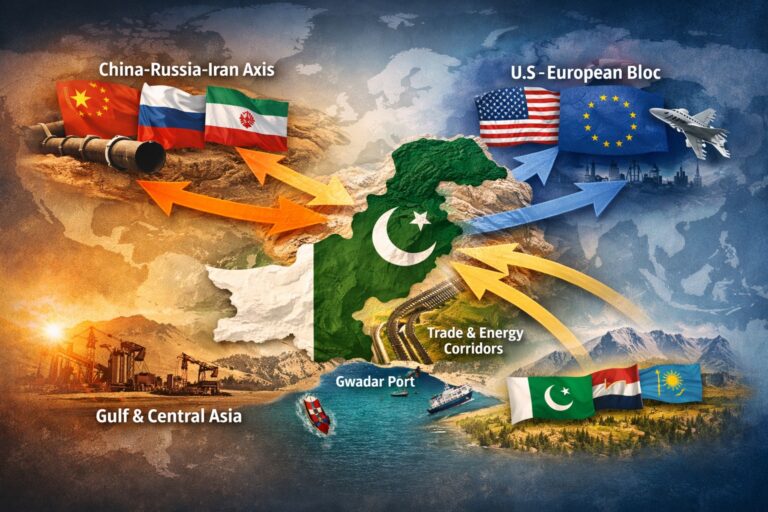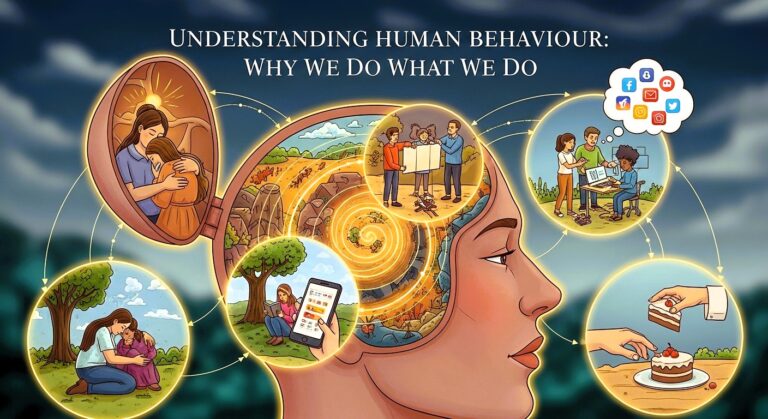Does History Repeat Itself?Lessons from 9/11, Iraq, 2008 Crisis

The goal is not to assign blame but to reflect on the importance of humility, foresight, and accountability in shaping future policy and public discourse.

The goal is not to assign blame but to reflect on the importance of humility, foresight, and accountability in shaping future policy and public discourse.

Explore Trump's Gaza Peace Board inaugural meeting in February 2026—$17B+ pledges, key participants, why Europe/Canada stayed away, criticisms of Israeli influence, and hypocrisy in excluding Palestinians. Balanced analysis for global readers.

This is a developing situation that highlights the growing friction between Big Tech’s AI ambitions and Hollywood’s intellectual property (IP) protections.


This comprehensive study examines the evolution of insurgency and terrorism in Balochistan, Pakistan, from 1948 to 2026. It analyzes historical grievances, foreign-enabled hybrid warfare, insurgent technological capabilities, and Pakistan’s strategic countermeasures, providing in-depth military assessment and actionable policy recommendations for sustainable peace.




